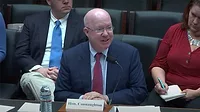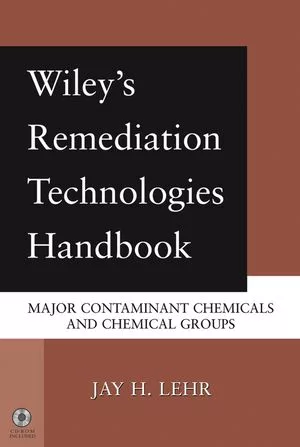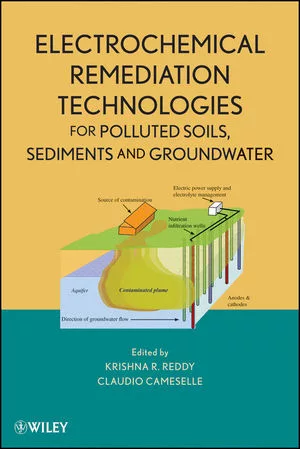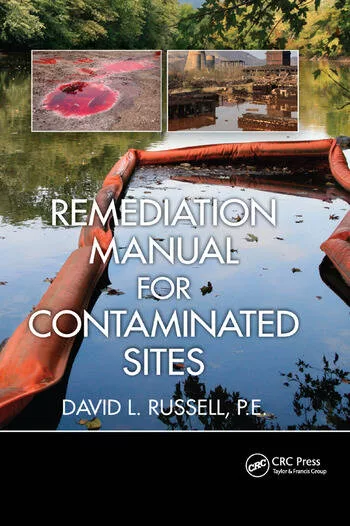EPA targets vinyl chloride as 'high priority' chemical for future regulation
The EPA has now designated vinyl chloride as a high-priority chemical
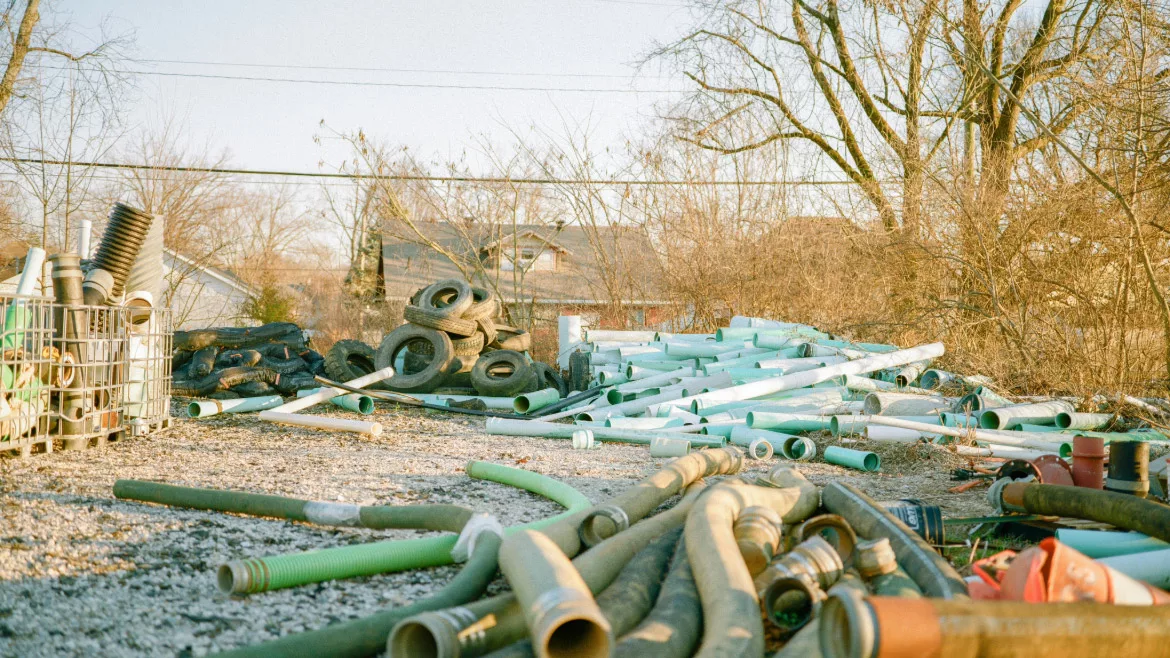
The Environmental Protection Agency (EPA) is considering stricter regulations or potentially even a ban on vinyl chloride, a chemical used in the production of PVC plastics. The move comes amid growing health and safety concerns surrounding the substance, which were brought into sharp focus following the derailment of a Norfolk Southern train in East Palestine, Ohio in February 2023. Local officials were forced to burn 116,000 gallons of toxic vinyl chloride from the wreckage, releasing a plume of smoke over the area and sparking long-term health concerns among residents. The EPA has now designated vinyl chloride as a high-priority chemical in the wake of the incident, a designation that could potentially lead to a full ban on the substance.
Vinyl chloride has been classified as a known human carcinogen by the U.S. Department of Health and Human Services, and has been linked to liver, brain, and lung cancer. Despite initial assurances from the EPA that there was no threat of exposure to residents from vinyl chloride following the East Palestine incident, many in the community remain worried about the potential health impacts. Some have even expressed concern that a $600 million class-action settlement reached in the wake of the disaster may not be enough to help them recover.
The EPA has expressed concerns over vinyl chloride since the 1970s, and the issue has taken on new urgency as municipalities replace lead pipes with PVC alternatives. There are growing worries that vinyl chloride could be leaching from these new pipes into drinking water supplies.
"The safety of these harmful chemicals – all five of which have been linked to cancer and are used to make plastic – would help lead to critical public health and environmental protections in communities across the country and would ensure that the public has access to more data on these chemicals sooner," said Michal Freedhoff, the EPA's assistant administrator for the Office of Chemical Safety and Pollution Prevention.
However, any new regulations on vinyl chloride could have significant impacts on the market for PVC plastics, which are used in a wide range of products including electrical wiring, medical devices, packaging, and pipes for drinking water. The Vinyl Institute, which represents manufacturers of vinyl chloride and related companies, pushed back on the idea of stricter rules. The group's CEO, Ned Monroe, said that its members already adhere to "some of the most stringent safety and environmental regulations in the chemical industry" and that the EPA's review process "will demonstrate that the production and use of vinyl chloride are safe."


